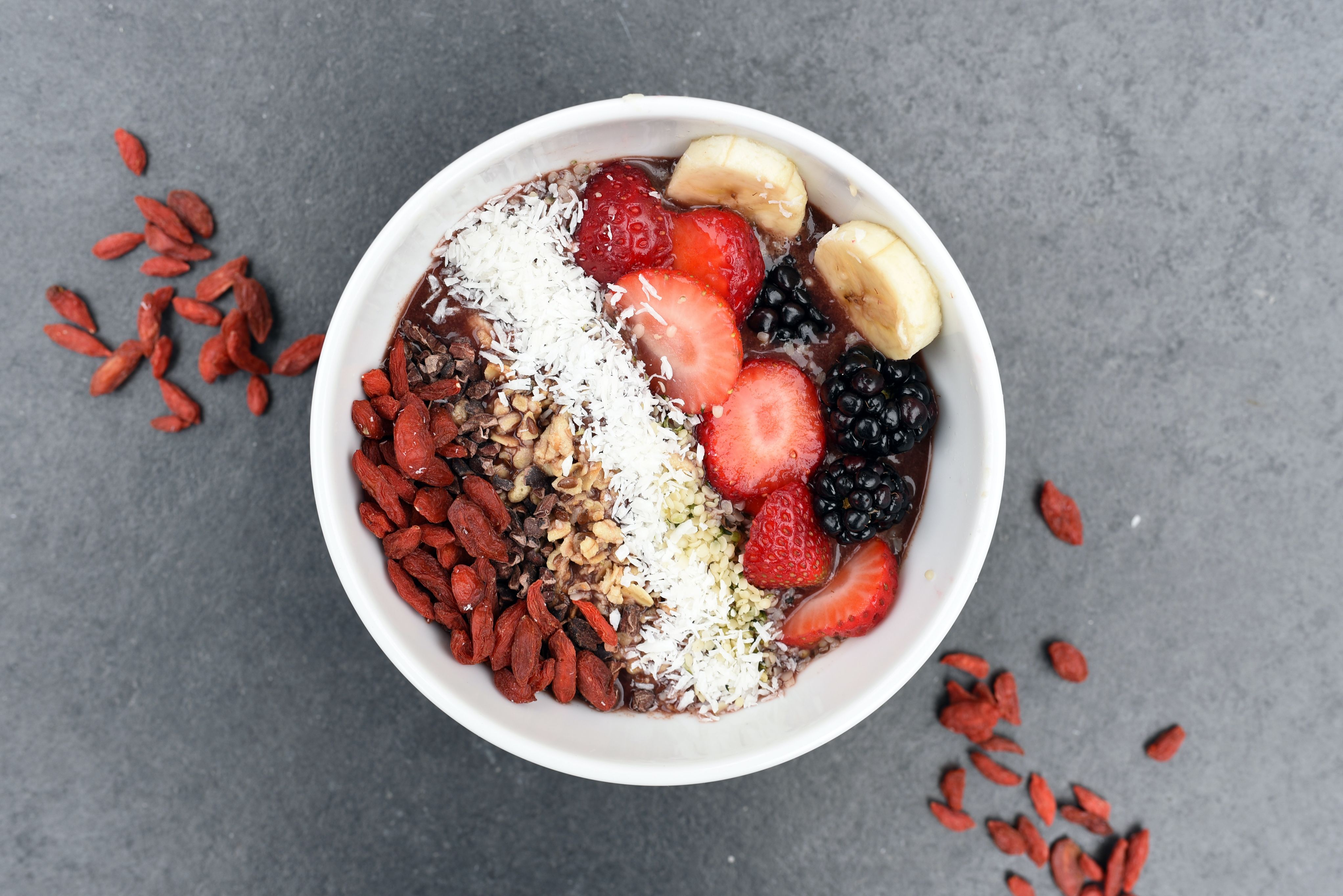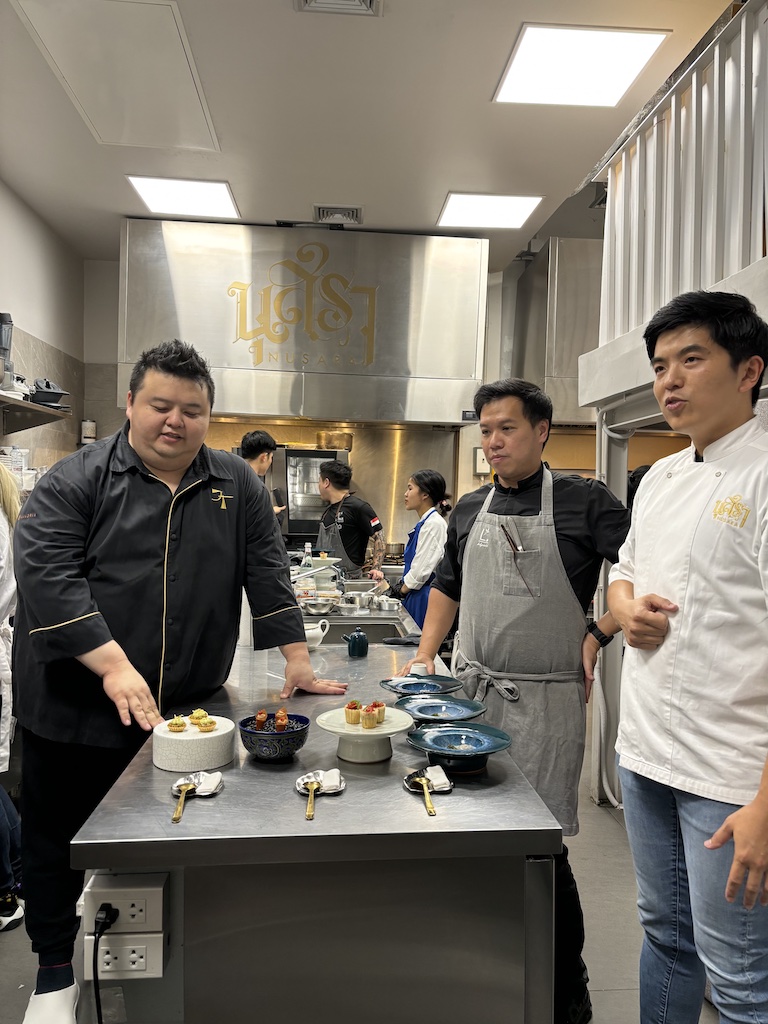5 ways to boost your immunity
Go beyond fads and trends to focus on nutrient-packed ethical food that really boosts your health.

How well do you know your food? Start by making smart food choices and asking the right questions before any produce makes their way into your shopping basket or cart. As gourmets who embrace the finer foods in life, our palates do not always crave the healthiest of options. But to strike a balance in satisfying our palates with healthy options, let’s go back to basics to understand where our food comes from and how it is grown. Our careful decisions to buy quality produce that is fresh, organic, sustainable and packed with nutrients will go a long way in satisfying those cravings.
This is more important than ever before as our current agricultural systems are unsustainable now. Industry experts say that access to nutritious food is a struggle as the demand for organic produce and specialised diets increases the pressure on earth’s already dwindling resources.
Pay attention to gut instincts
Focus on your gut health, says nutritionist Pooja Vig, Functional Medicine Nutritionist and Clinic Director & Co-Founder, The Nutrition Clinic. 75% of the immune system is in the gut, so it pays to ensure that good bacteria flourishes in our intestines. To promote its growth, take high-fibre food such as beans, bananas, berries, peas, oats and legumes; and fermented food such as yoghurt, kefir, kimchi and tempeh which are good sources of probiotics.

Pick out easy evergreens
You don’t have to always be on trend and to always pick out exotic produce in order to charge up your nutrient intake. If you can’t keep up with the likes of acai berries and chia seeds to sumac and spirulina, then just go for good old classics at your supermarket. Red bell peppers contain twice as much vitamin C as citrus fruits, including oranges, as well as beta carotene (the main dietary source of vitamin A); spinach is another vitamin C, beta carotene and antioxidant powerhouse; spinach too. And don’t overlook the humble papaya, which contains 157 percent of the daily recommended amount of vitamin C, along with carotenoids (vitamin A), folate and B vitamins.
Go for quality with fine grocers
Think of them as curators of ‘fine art’. Just as museums curate exquisite collections of art, so too do fine grocers source premium and artisanal produce from around the world for your appreciation. Grocers such as Classic Fine Foods source from partners who practise ethical and sustainable farming to ensure produce free from antibiotics, vaccines and hormones. One such partner is Mieral which selects only the best of pure breed, AOP/PDO certified Bresse Poultry. Culina Singapore too pays attention to food safety and quality, with the latest addition being New Zealand-sourced FRENZ Eggs, the first organic eggs to be available here.

Support local farmers
They are right here. They contribute to the goodness of the slow food culture. Fresh, local produce is easily available with home deliveries. It’s as fresh as you can get from farm to home without crossing borders. An organic feast is ripe for pickings at farms such as GreenCircle Eco-Farm, Edible Garden City and Quan Fa Organic Farm. Sustainable fish farms are also providing reasons for you to have fish on the daily menu; with the latest ACE Fish Market supplying consumers with their favourite cuts of grouper, sea bass or barramundi that are chemical-, hormone-, and vaccine-free.

Supplement wisely
Popping supplement pills may be an easy alternative, but it does not replace the nutritional value of proper food and a sensible diet. It only makes sense if we have nutritional shortfalls not covered in our diets. Omega 3, for example, is easily obtained through foods, but our bodies’ ability to transform it into EPA and DHA is limited, so it would make sense to supplement them. The high daily dosages of up to 400mg of Vitamin C and 2000iu of Vitamin D recommended by health institutes also make it necessary to supplement them as our diets would be insufficient.
*Read more in our Food and Health & Wellness features in epicure May/June issue.
SHARE
)
















 SUBSCRIBE
SUBSCRIBE